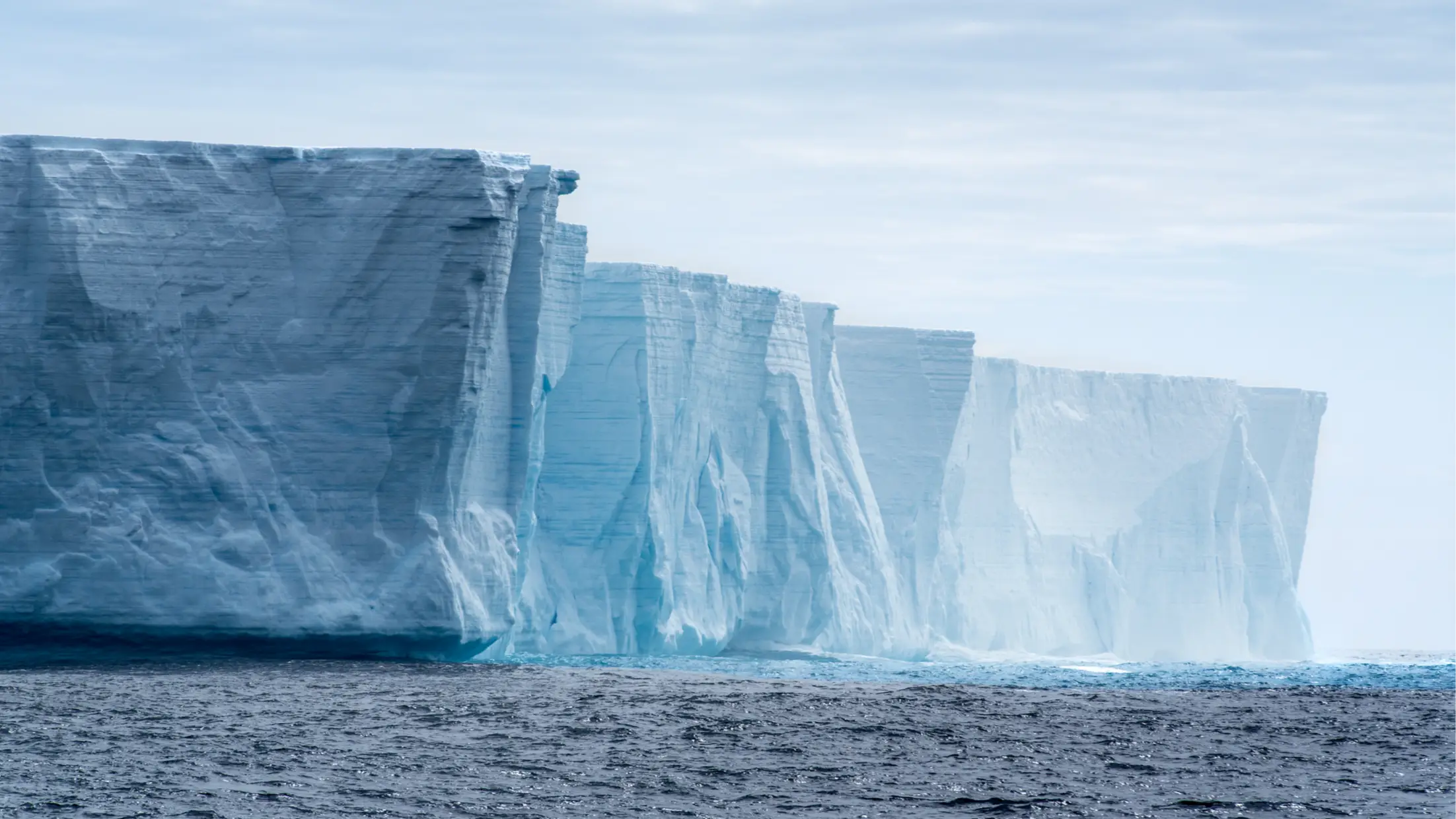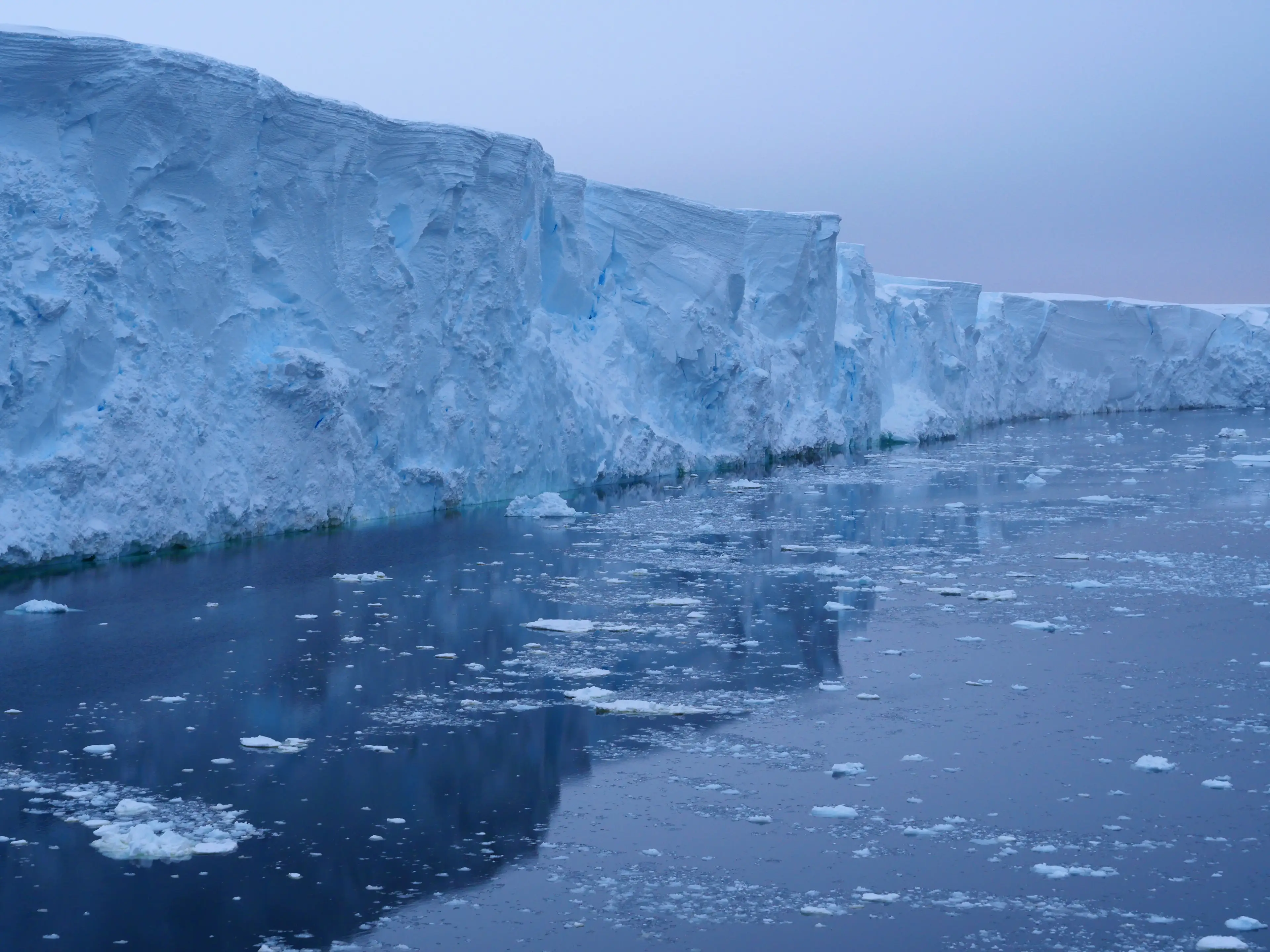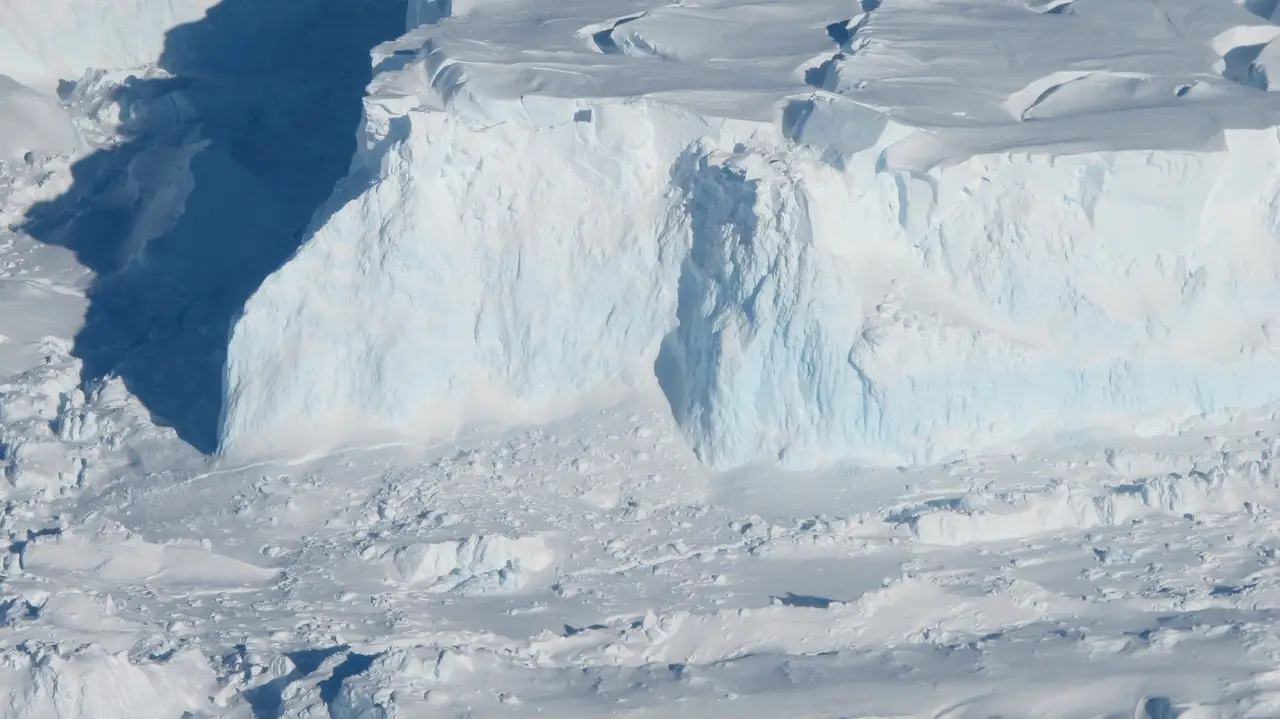
Have you heard of the Thwaites Glacier? The words might not mean much to us right now but the glacier is incredibly important, especially considering its catastrophic impact if it melts.
Scientists aren’t too optimistic and have said there’s a 'grim outlook' if the glacier melts, plunging parts of the world underwater and affecting millions of people.
Known as ‘the Doomsday Glacier’, it is located in Antarctica and is the same size as Great Britain or Florida in the US, meaning it could sink large areas of the planet’s land mass with its demise.
No thanks to climate change, the Thwaites Glacier is rapidly changing and given its size, it could cause sea levels to rise by 65cm if it collapses.
Advert
That would be devastating to coastal countries such as Bangladesh which are already flood-prone, and it would also mean low-lying Pacific islands, and big cities like London and New York would see coastal flooding and storm surges.
It would be bad news for the Netherlands too, with one third of the country below sea level.

While the glacier might not melt away any time in the next few years, the threat to planet Earth is still real and will be felt by future generations.
Dr Rob Larter, who is part of a project of UK and US scientists called International Thwaites Glacier Collaboration (ITGC), has said the conditions have accelerated over the past few decades.
"Thwaites has been retreating for more than 80 years, accelerating considerably over the past 30 years, and our findings indicate it is set to retreat further and faster," said Dr Larter.
"There is a consensus that Thwaites Glacier retreat will accelerate sometime within the next century.”
You might think that’s a ways away, but it could also happen sooner than you think.
Dr Larter added: "However, there is also concern that additional processes revealed by recent studies, which are not yet well enough studied to be incorporated into large scale models, could cause retreat to accelerate sooner."

The outcome will be even more alarming if the West Antarctic Ice Sheet, which is where the Thwaites Glacier sits, collapses. If the entire sheet melts, it would cause sea levels to rise by a whopping 3.3m.
Dr Ted Scambos, US science coordinator of the ITGC and glaciologist at the University of Colorado, is concerned at the rate of the Ice Sheet also deteriorating.
He said: "It's concerning that the latest computer models predict continuing ice loss that will accelerate through the 22nd century and could lead to a widespread collapse of the West Antarctic Ice Sheet in the 23rd.
"Immediate and sustained climate intervention will have a positive effect, but a delayed one, particularly in moderating the delivery of warm deep ocean water that is the main driver of retreat."
The Doomsday Glacier certainly lives up to its name. Perhaps government officials and corporations want to start pulling their weight? Just an idea.
Topics: Climate Change, Science
